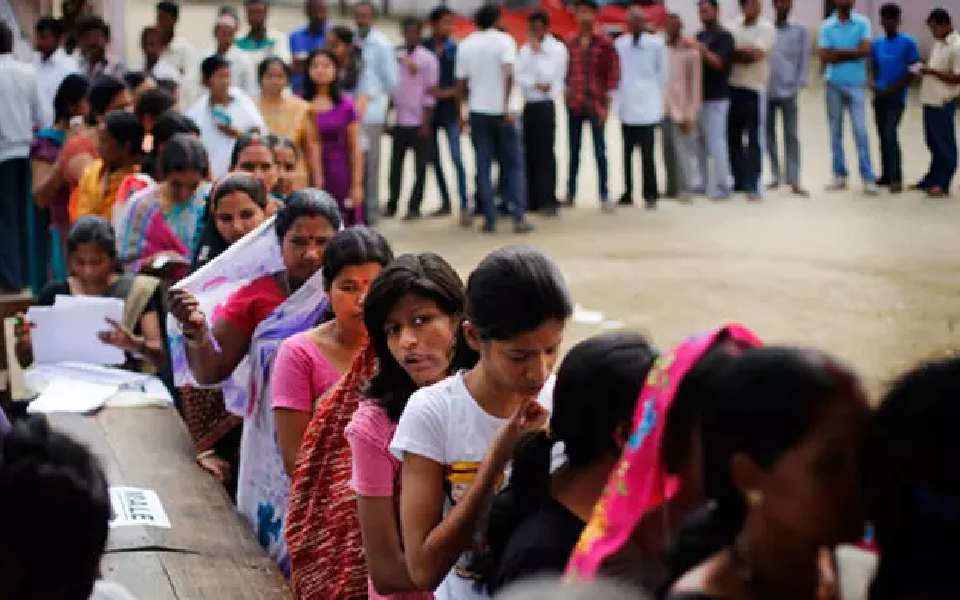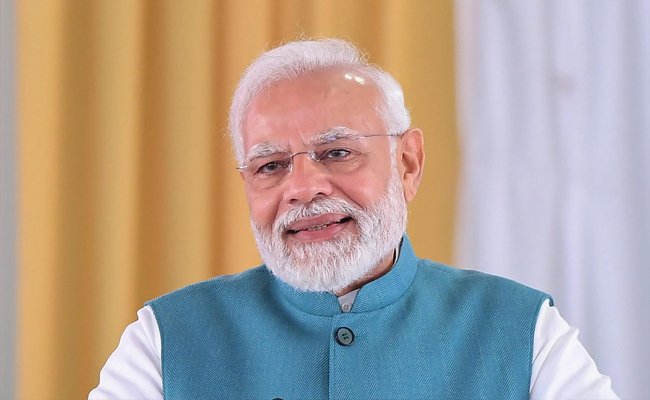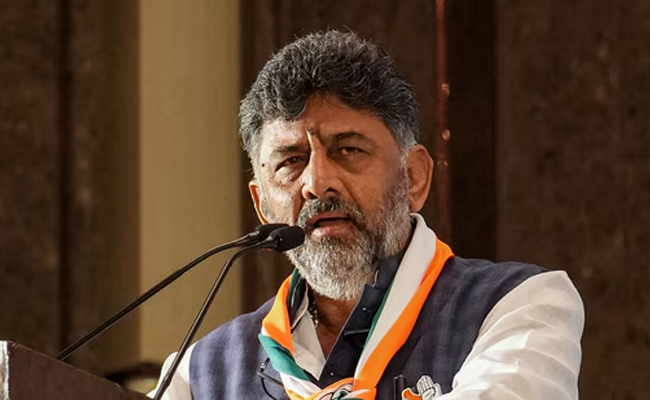New Delhi, Nov 18: The unemployment rate for people aged 15 years and above in urban areas dipped to 6.4 per cent in the July-September quarter, according to the National Sample Survey Survey (NSSO).
Joblessness, or unemployment rate, is defined as the percentage of unemployed people in the labour force.
The unemployment rate in the September quarter of FY24 was 6.6 per cent.
The unemployment rate for people aged 15 years and above in the previous April-June quarter of FY25 was 6.6 per cent in urban areas, the 24th Periodic Labour Force Survey (PLFS) showed.
The unemployment rate among females (aged 15 years and above) in urban areas declined to 8.4 per cent in July-September 2024 from 8.6 per cent in the same quarter a year ago. The rate was 9 per cent in April-June, 2024.
Among males, the unemployment rate in urban areas declined to 5.7 per cent in July-September 2024 from 6 per cent in the same quarter a year ago. The rate was 5.8 per cent in April-June 2024.
Labour force participation rate in Current Weekly Status (CWS) in urban areas for people aged 15 years and above increased to 50.4 per cent in July-September from 49.3 per cent in the same quarter a year ago. The rate was 50.1 per cent in the April-June 2024.
Labour force refers to the part of the population, which supplies or offers to supply labour for pursuing economic activities for the production of goods and services and, therefore, includes both employed and unemployed persons.
The NSSO had launched PLFS in April 2017.
On the basis of PLFS, a quarterly bulletin is brought out giving estimates of labour force indicators namely unemployment rate, worker population ratio (WPR), labour force participation rate (LFPR), distribution of workers by broad status in employment and industry of work in CWS.
The estimates of unemployed persons in CWS give an average picture of unemployment in a short span of seven days during the survey period.
In the CWS approach, a person is considered unemployed if he/she did not work even for one hour on any day during the week but sought or was available for work at least for one hour on any day during the period.
Labour force, according to CWS, is the number of persons either employed or unemployed on average in a week preceding the date of the survey. LFPR is defined as the percentage of the population in the labour force.
Let the Truth be known. If you read VB and like VB, please be a VB Supporter and Help us deliver the Truth to one and all.
Gorakhpur (PTI): A hospital employee was booked for allegedly sexually assaulting a woman in the pretext of an ultrasound test here in the district women's hospital, police said on Saturday.
According to the complaint, the woman, a resident of the Gulriha area, visited the district women's hospital on Thursday morning for an ultrasound test.
She was directed to a room, where Abhimanyu Gupta was conducting ultrasounds. When her turn came, the accused allegedly stared at her and told her to remove all her clothes, claiming it was necessary for the test and that a massage would also be required, she said.
ALSO READ: UP: Girl kidnapped, raped multiple times over 25 days; accused held
The woman alleged that once she complied, the accused began making obscene advances and tried to force himself on her. When she screamed, he allegedly gagged her, abused her and threatened to kill her before pushing her out of the room.
She said her complaints within the hospital went unheard, forcing her to approach the police.
Taking cognisance of the complaint, the hospital administration constituted a three-member inquiry committee, officials said.
Senior consultant (paediatrics) Dr Jay Kumar said, "The woman has levelled serious allegations against a staff member. Senior officials have been informed, and a departmental inquiry is underway. Strict action will be taken if the charges are proved."
Kotwali Station House Officer Chatrapal Singh said a case has been registered, and efforts are on to nab the accused.





